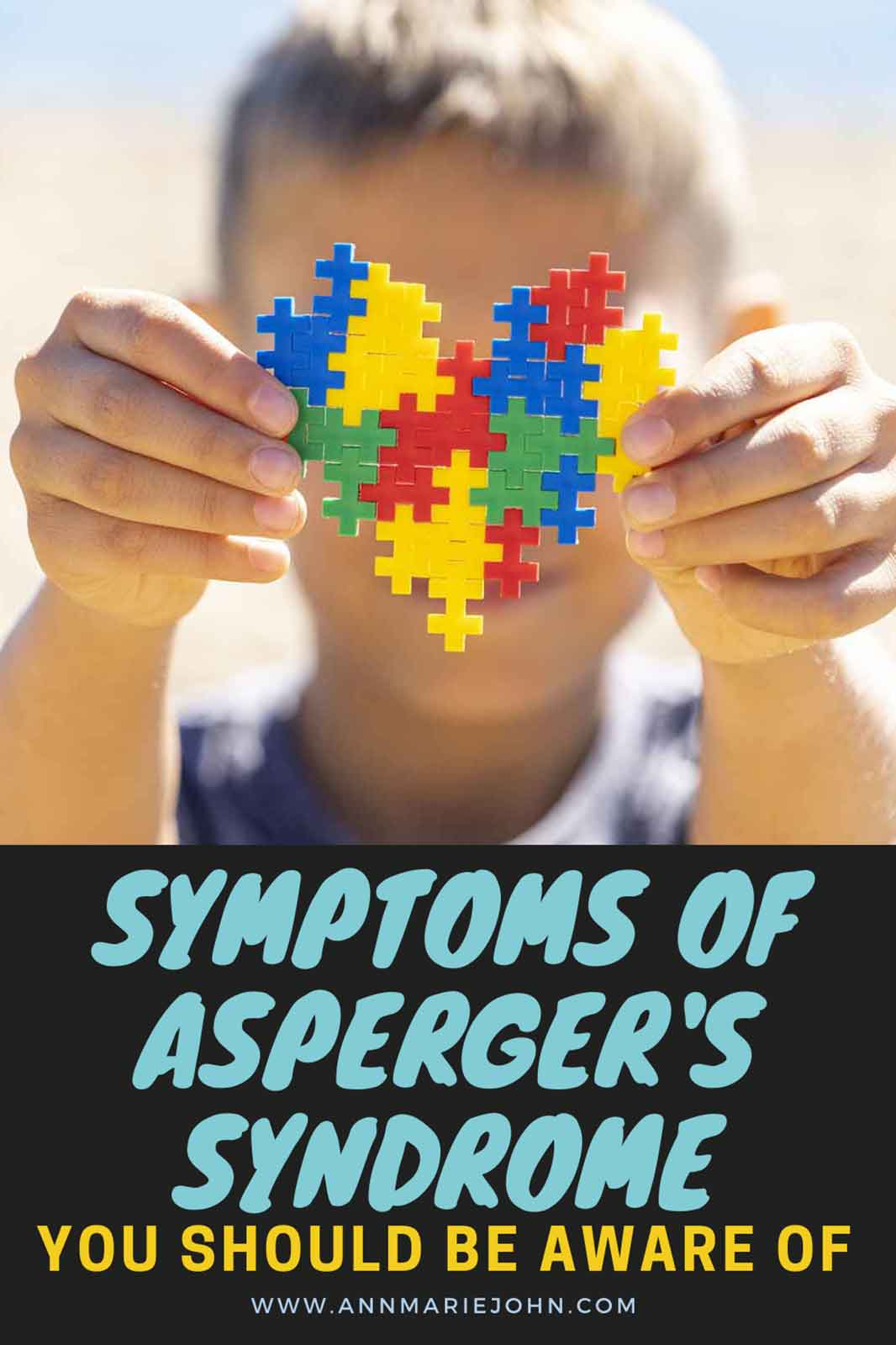
Everyone is unique and has a different personality. We receive genes from both of our parents and are affected by our upbringing and daily experiences. We can choose whether to be positive or negative and can vary in the ways we see the world.
Some people have a disability called Asperger’s Syndrome. It’s a form of HFA (High Functioning Autism) that affects their communication and social interaction. The symptoms vary from person to person in their type and intensity. It’s for this reason that people are said to be somewhere ‘on the spectrum’. We will now look at some of the most common signs that accompany this condition.

DIFFERENT WAYS OF THINKING
People with Asperger’s are often above-average in their intelligence. They may thrive when learning factual or technical information. Individuals who have been medically diagnosed or taken an Asperger syndrome test may work in the fields of engineering or the computer sciences. More and more individuals have gone for tests since famous celebrities and business people have confirmed they have the condition.
On a negative side, people with Asperger’s may struggle to see the big picture rather than just isolated facts. Abstract and figurative speech will also confuse them, as well as humor.
STRUGGLES WITH SOCIAL INTERACTION
A person may keep themself to themself, even during social occasions. This is because prolonged conversations can prove exhausting for them. They may struggle to maintain eye contact when speaking to someone and may laugh or talk inappropriately. Someone with the syndrome will not fully grasp body language, which is an essential part of communication.
A person with Asperger’s may talk extensively about themself, presenting a monologue rather than a dialogue. Social cues may be something of a mystery to them. It could be easy to view a person with Asperger’s as being rude and insensitive. This is because they may not understand a person’s feelings or listen to them. The condition can mean that the person battles with their emotions too. Sadly this can all add up to make it hard for them to maintain friendships.
STRONG OBSESSIONS AND ROUTINES
Asperger’s Syndrome can result in someone becoming majorly interested in something. It may be anything from trains to animals. Some people maintain the same interest throughout their life, and may even find a job in that area. Others will change their focus to something else after a few months.
Routines can become fixed, too. Someone may thrive under predictable conditions but freak out if something unexpected occurs. This may be the need to go somewhere suddenly or to perform an unfamiliar activity.
IRREGULAR SPEECH OR LANGUAGE
A person may be talking loudly, or in a high pitch. They may communicate in a monotone manner, or keep saying the same thing over and over.
Whilst people with Asperger’s frequently have a good understanding of their language, they may struggle to use it correctly or appropriately when talking. Their speech won’t ‘fit in’ with what is happening around them.
DISTINCTIVE PHYSICAL SYMPTOMS
A person may walk in an odd or awkward way. They may struggle with such things as balance, and find it hard to use a bicycle. In a sports setting, they may battle to throw or catch a ball.
It is also symptomatic if a person doesn’t like sudden noises or bangs. One example would be fireworks. People may not like certain smells or could have a high sensitivity to textures on clothes or in food.
UNIQUE ABILITIES
Someone with an intensely analytical brain may be a godsend when working for NASA. Businesses may be keen to employ someone with a strong memory and intense powers of concentration. The wiring of their brain may also enhance their musical or linguistic abilities.
Other positive aspects may include a strong sense of justice, believing people should be truthful and act fairly. Because of the alternative way their brain works, they may have a quirky sense of humor too.
ACCOMPANYING MEDICAL ISSUES
Just as some Type 1 diabetics develop Coeliac’s Disease, Asperger’s Syndrome can attract accompanying conditions. These may be ADHD (Attention Deficit Hyperactivity Disorder), Tourette’s Syndrome, Epilepsy, or such things as stress, depression, or anxiety.
Understandably, this condition can make life very hard for the individual. Their family will need to adapt, and schooling or work will also be affected. Fortunately, there is help available, as well as a greater global understanding. With the right assistance, a person can still live a happy and rewarding life.
